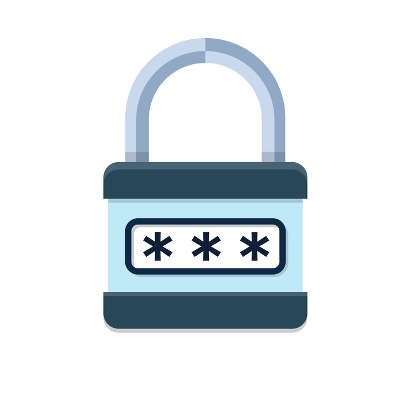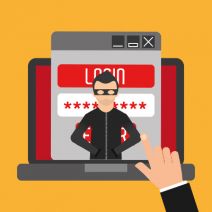ATMs are, surprisingly enough, not the most secure pieces of technology out there, though there are efforts to improve security by taking advantage of mobile devices. Granted, this won’t be enough to protect against the considerable vulnerabilities in ATMs. In order to maximize security and minimize the amount of damage done by vulnerabilities, the user needs to understand how to protect themselves while using ATMs.
FRS Pros Blog
One of the major password managers out there, LastPass, has become the victim of a major vulnerability. Google researchers from the Zero Day Project discovered this, along with other flaws within LastPass.
With Google Chrome’s Incognito mode, you can privately browse the web, but you may have noticed that Incognito mode also disables your extensions by default. This isn’t a big deal, but it can be an annoyance that you’d prefer not to deal with. Thankfully, there’s a good way to make sure that specific extensions stay enabled, even in Incognito mode.
 How private are your emails and other digital communications? Can the government go through your digital files without you knowing about it? As you may have suspected, they can, thanks to a loophole in an outdated law--a loophole that U.S. lawmakers are trying to close.
How private are your emails and other digital communications? Can the government go through your digital files without you knowing about it? As you may have suspected, they can, thanks to a loophole in an outdated law--a loophole that U.S. lawmakers are trying to close.
 Hackers have always gone after industries that are profitable, or hold sensitive information that can be lucrative when sold under the table. As such, retailers that accumulate financial credentials are often hit by hacks. The entertainment industry is no different, and hackers continue to grow craftier in their pursuit of wealth and power. Not even Steam, the PC gamer’s most valuable software solution, is safe from the dangers of hacking attacks.
Hackers have always gone after industries that are profitable, or hold sensitive information that can be lucrative when sold under the table. As such, retailers that accumulate financial credentials are often hit by hacks. The entertainment industry is no different, and hackers continue to grow craftier in their pursuit of wealth and power. Not even Steam, the PC gamer’s most valuable software solution, is safe from the dangers of hacking attacks.
 There’s a reason why IT professionals think that the Internet of things is a major security discrepancy. Around 5.5 million new devices are being connected to the Internet every day, and are giving security experts a run for their money. The Internet of Things and its devices could potentially become a security hazard for businesses that aren’t prepared to protect their assets from hacks.
There’s a reason why IT professionals think that the Internet of things is a major security discrepancy. Around 5.5 million new devices are being connected to the Internet every day, and are giving security experts a run for their money. The Internet of Things and its devices could potentially become a security hazard for businesses that aren’t prepared to protect their assets from hacks.
 Businesses all over the world are taking advantage of two-factor authentication, causing the password’s value to depreciate over time. Passwords aren’t powerful enough to keep users safe from advanced threats. Hackers are finding ways to punch holes in even the most comprehensive security solution, forcing users to focus on improving security through other means.
Businesses all over the world are taking advantage of two-factor authentication, causing the password’s value to depreciate over time. Passwords aren’t powerful enough to keep users safe from advanced threats. Hackers are finding ways to punch holes in even the most comprehensive security solution, forcing users to focus on improving security through other means.
 Whenever hackers show themselves, they always spell trouble. Whether it’s stealing credentials or completely taking over someone’s computer, a hacker has a plethora of targets and methods that can be irritating for the average PC user, or business executive. In fact, hackers are so crafty that they can even hack into hospital equipment.
Whenever hackers show themselves, they always spell trouble. Whether it’s stealing credentials or completely taking over someone’s computer, a hacker has a plethora of targets and methods that can be irritating for the average PC user, or business executive. In fact, hackers are so crafty that they can even hack into hospital equipment.







